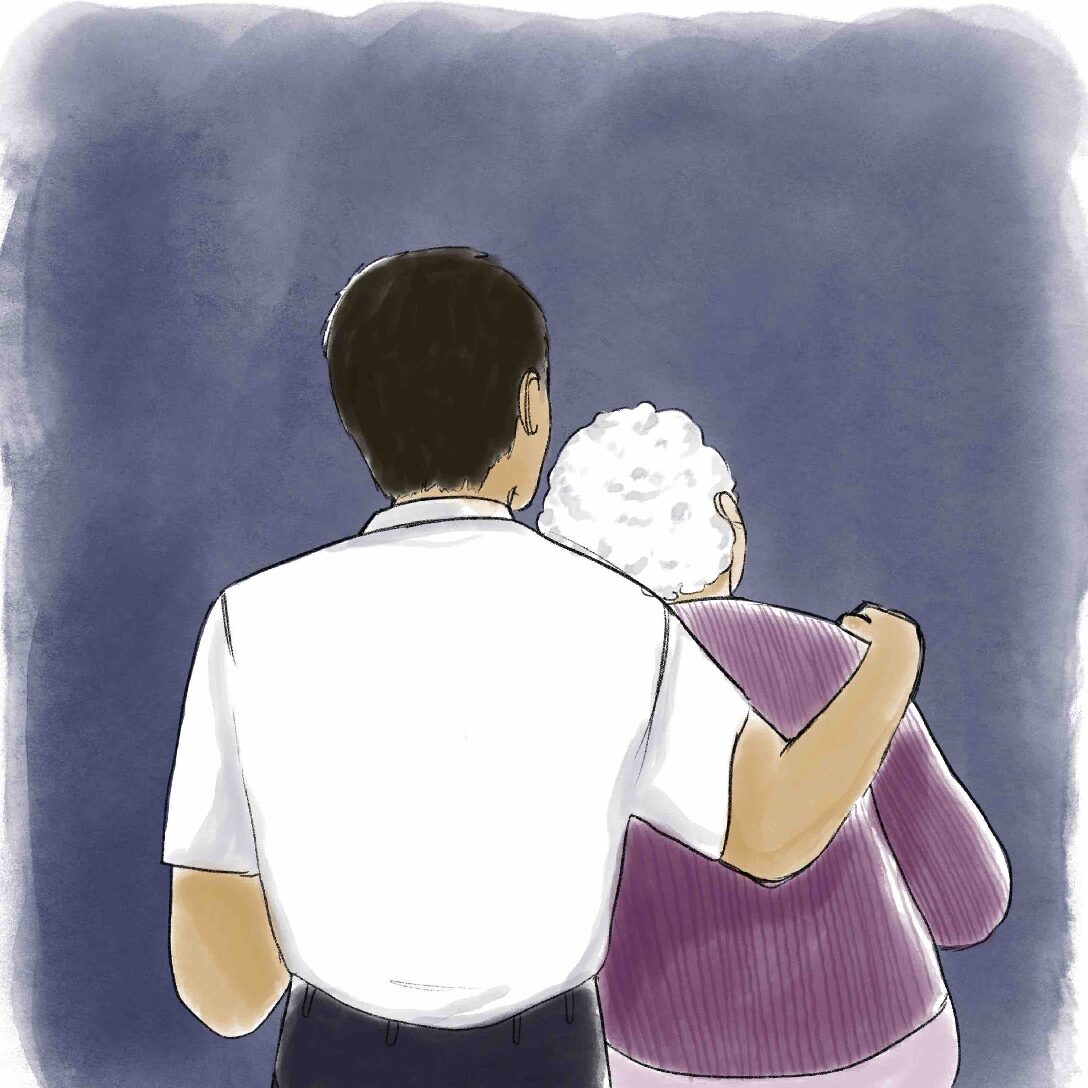For many older adults, long-term care homes are where they will spend their final days. In Manitoba, these are also known as personal care homes. While medical care at the end of life is well-studied, conversations surrounding death and dying remain less understood.
Erin Scott, a PhD candidate in the college of community and global health and a sessional instructor in the department of sociology, is addressing that gap. Her research focuses on how staff in personal care homes communicate with family caregivers about death and dying, as well as the ways in which older adults transition through the healthcare system. These conversations are often delayed, avoided or emotionally charged.
“My interest in understanding how older adults access and navigate the system stemmed from helping my grandparents navigate it and understanding first-hand how confusing it can be,” Scott said.
Her interest in aging and healthcare developed gradually. After completing a bachelor of arts in anthropology, she pursued a second degree in sociology. While studying sociology, Scott began working with Laura Funk, a professor in the department of sociology and criminology at U of M, on projects related to the sociology of aging. That experience led her to complete a master of arts with a specialization in aging. As part of her graduate research, she studied the experiences of family caregivers helping loved ones, transition from living independently to entering personal care homes.
Now, as a doctoral researcher, she continues to explore the humane side of healthcare systems. According to Scott, the topic is a “black box” in health research.
“[Most people] are pretty good at having the formal conversations around advanced care plans, ‘do-not-hospitalize’ orders and goals of care,” she said. “We’re also pretty good at having conversations around imminent death.” She explained, when it comes to the more informal conversations about death and dying, things become less clear.
The first phase of her project is a scoping review analyzing how such conversations occur, including the goals, experiences and barriers that prevent open communication. Insights from this phase have informed the second stage, which involves interviews with long-term care staff to better understand their perspectives.
Scott noted that while staff often handle clinical care with professionalism, many lack formal training in discussing emotionally-sensitive topics. “Staff typically aren’t taught how to have these conversations. Comfortability comes with experience,” she said.
Her goal is to provide strategies that normalize end-of-life discussions in personal care homes, improving experiences for both residents and their families. When conversations occur too late, Scott noted, palliative care tends to be late. Families frequently report feeling unprepared or unsatisfied with communication around death and dying.
“I wouldn’t say we are a death-denying culture, but we are death-averse,” she said. “By normalizing these conversations, we can ideally ease the experience.”
Looking ahead, Scott hopes to expand her research by interviewing family caregivers to capture their side of these conversations. She is also interested in exploring the intersection between long-term care and medical assistance in dying.
For students interested in aging or healthcare research, Scott offered practical advice to take the process slowly and steadily. “PhDs are marathons, not sprints,” she said. “Find a cohort of people that can support you throughout your process, because it [can be] a lonely road.”


